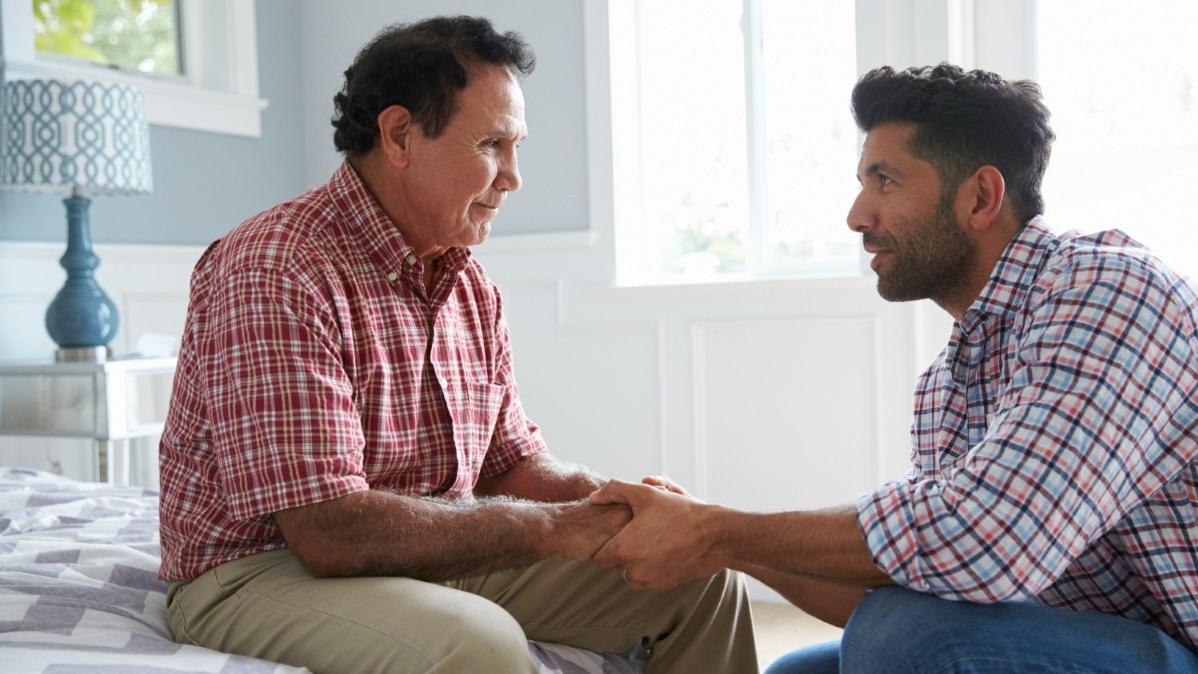Cataracts linked to depression in the elderly
Image

Elderly people with cataracts are more likely to suffer from depression, a new study has found. Published in the December edition of Optometry and Vision Science, the research was conducted by Haifang Wang, MSc, of Soochow University, Suzhou, China, along with a number of colleagues.
It made the link independently of other factors and discovered that older adults with the lowest educational background were the worst affected. Age-related cataracts are the primary cause of impaired vision worldwide and are only expected to increase as more people live onto older ages.
As depression is also common in the elderly, the study was undertaken to see if there is a link between the two conditions. It looked at older Chinese adults and provided evidence that there is an association between cataracts and depression in this demographic.
The researchers wrote: "Our study sheds further light on the complex relationship between aging, vision loss, cataract, and depression and suggests that there may be a role for cataract surgery in improving mental health in the elderly."
Approximately 4,600 people over the age of 60 in a Chinese town completed a questionnaire to participate in the community survey study. They were also given a clinical eye examination to establish whether they had cataracts and if so, how severe they were.
Excluding those who had surgery for the condition in the past, 49 per cent of participants had cataracts, which cloud the lens, in at least one of their eyes. Depressive symptoms were reported in eight per cent of subjects, but more common in women and the oldest members of the group.
Analysing the information gathered found that depression was 33 per cent more likely if a person had cataracts. Interestingly, symptoms were similar whether the cataracts were in just one eye or both, meaning an operation to have them corrected could greatly improve the mental health of many elderly people.
Michael Twa, OD, PhD, FAAO, editor-in-chief of Optometry and Vision Science, said: "These results suggest that optometrists and vision care professionals should think beyond the direct effects of cataracts on visual impairment. We should also consider the broader impact that vision loss may have on mental health and well-being.
"As a next step, it would be important to know if the associated depression in older adults is reversible following the restoration of vision after cataract surgery."
Find a hospital
Use our search to find a Barchester
hospital with the care service you need.
Make a referral
Professionals and families can use our quick and easy referral forms to apply for care in our hospitals.